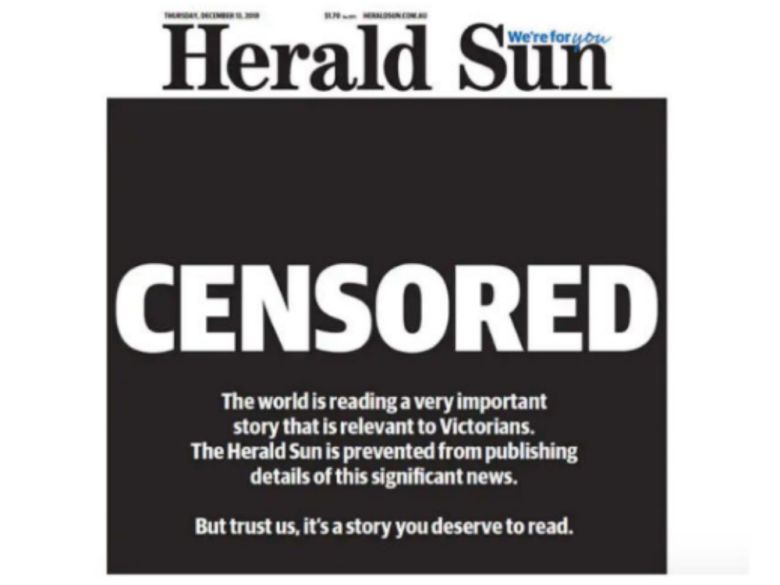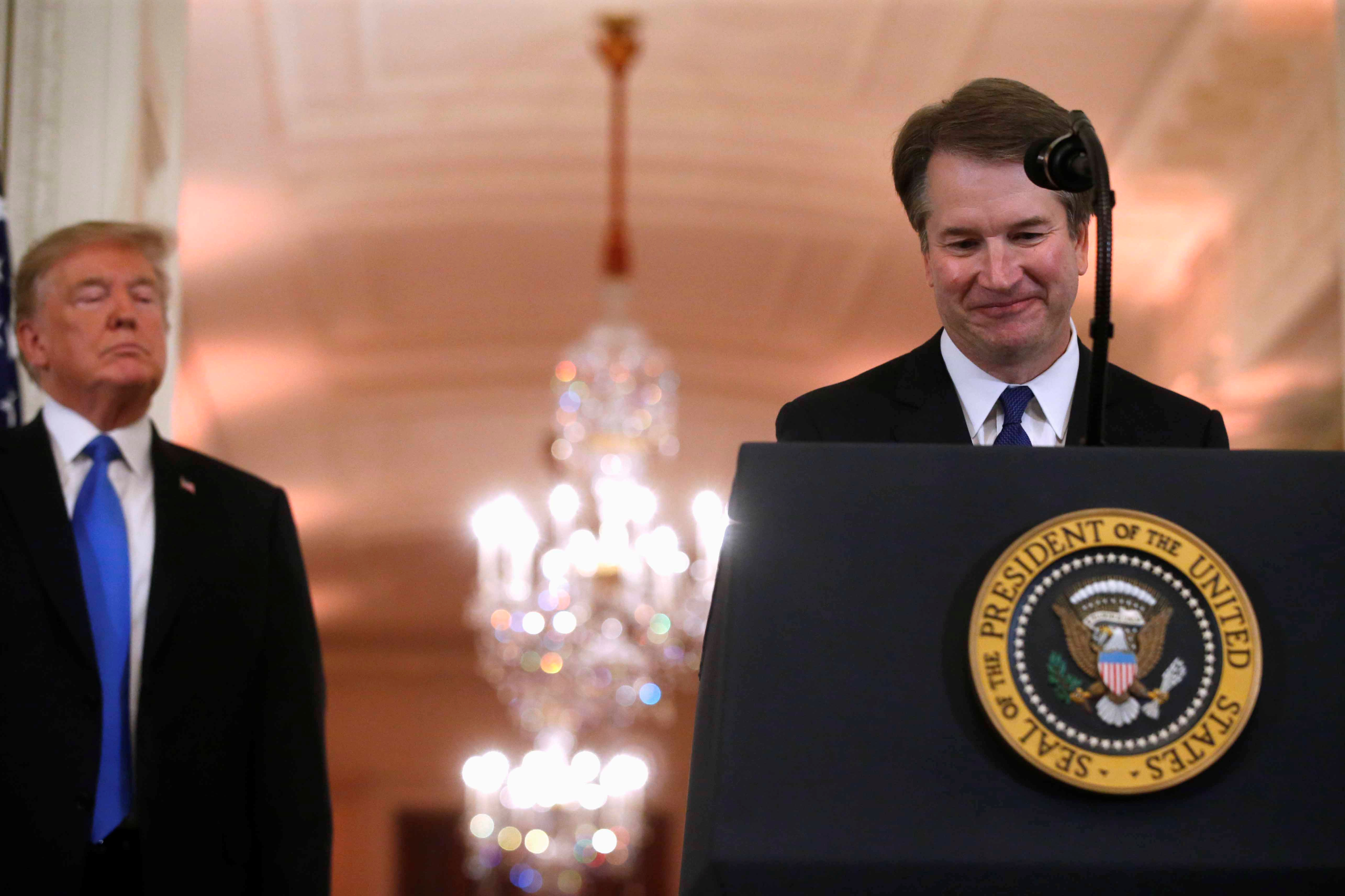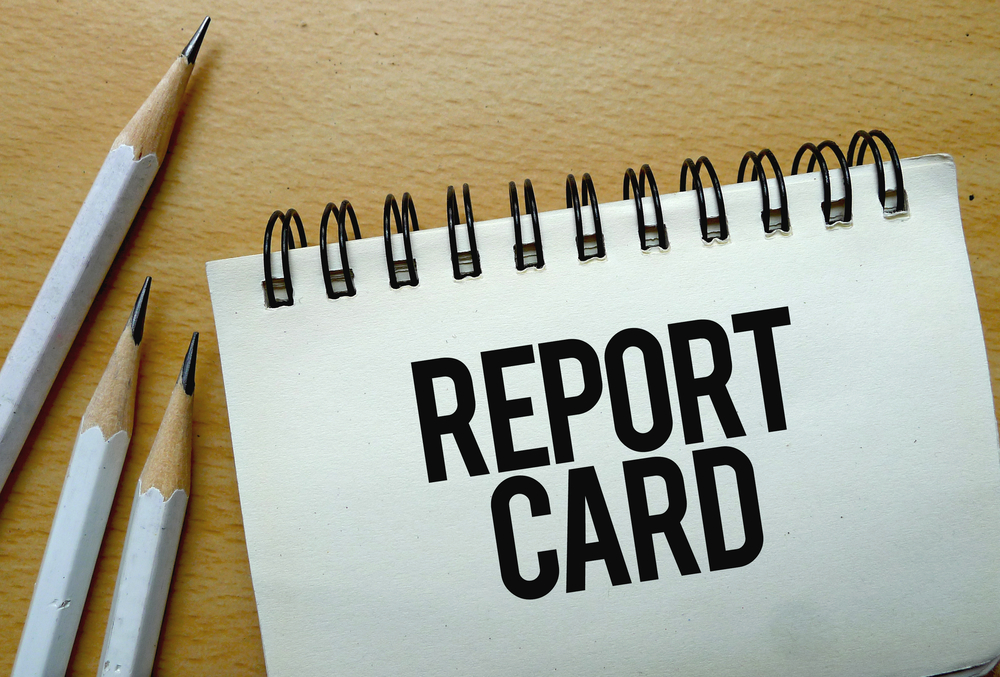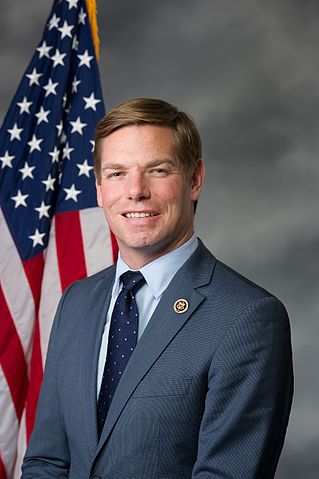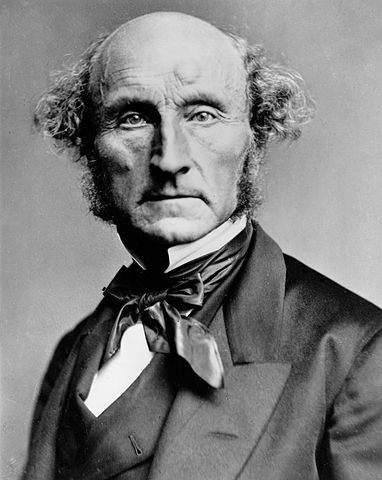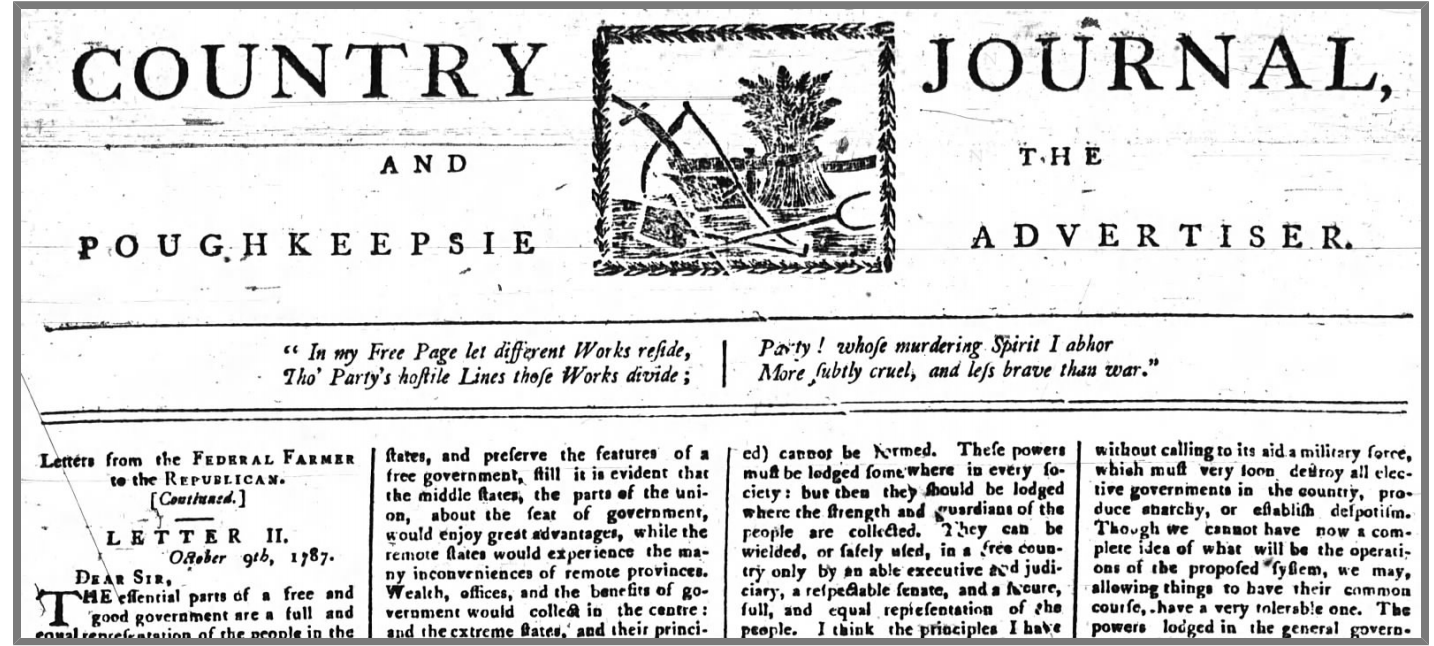An Australian gag order that is preventing the media from reporting on one of the country's biggest stories has made its way to the US, preventing outlets with bureaus Down Under from covering the verdict of a Cardinal convicted of five counts of sexual abuse. In a digital age, are orders like this one still relevant and viable?
Gene Policinski Commentary: A Growing List: 2019 Threats To First Amendment Freedoms
The Newseum Institute’s First Amendment expert, Gene Policinski, originally published this commentary on January 11, 2019, on the Newseum blog, and has given First Amendment Watch permission to reprint. First […]
SCOTUS Nominee Kavanaugh And The First Amendment: His Record, Views, And Controversies
In light of Judge Brett Kavanaugh's nomination, experts weigh in on his First Amendment record with mixed views. During the course of the confirmation process, Kavanaugh was questioned about reporter's privilege and whether he would allow journalists to divulge the details of confidential conversations he had with them decades ago.
State of the First Amendment Scores a B-
Every quarter the Newseum Institute produces a “report card” on how the current administration is faring on the five freedoms: religion, speech, press, assembly and petition. Thirteen First Amendment experts […]
Notable Legal Ruling For Buzzfeed in Dossier Defense
A judge ruled that Buzzfeed may have legal protection for its decision to publish the “dossier” and a brief accompanying article in January 2017, and could claim fair reporting privilege. […]
Journalist Protection Act Introduced in Congress
February 7, 2018: Journalists Need Legislated Protection Says House Rep With attacks both verbal and physical against journalists on the rise (see our deep dive into increasing threats against the […]
John Stuart Mill, On Liberty, 1859
In his essay, On Liberty, John Stuart Mill argues that government has no right to limit the freedom of thought. He reasons that even a dissenting opinion held by a single individual has great value to society because it may turn out to be true.
Federal Farmer Number 16, 1788
An anonymous writer from the 18th century makes the case for a federal law protecting the press from official censorship–"Newspapers may sometimes be the vehicles of abuse, and of many things not true; but these are but small inconveniences, in my mind, among many advantages.”
